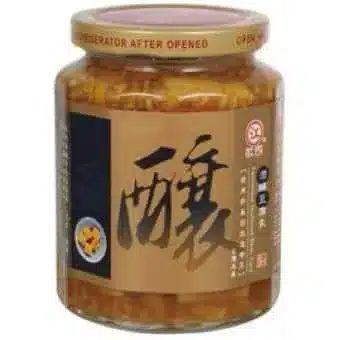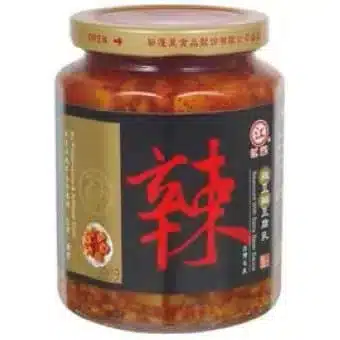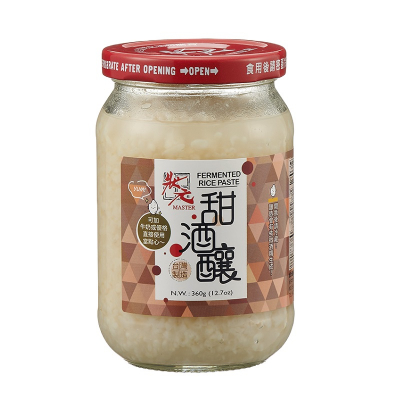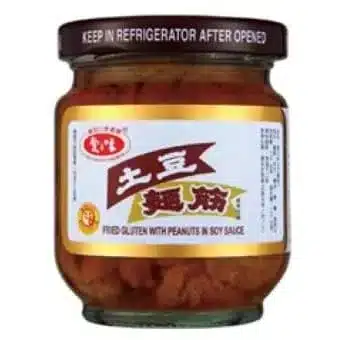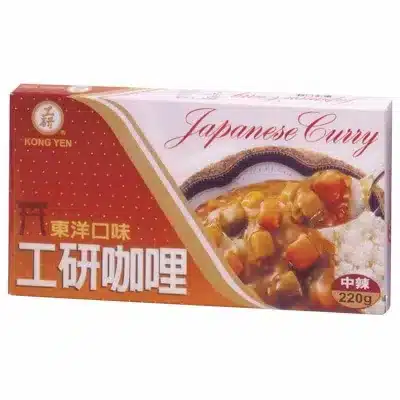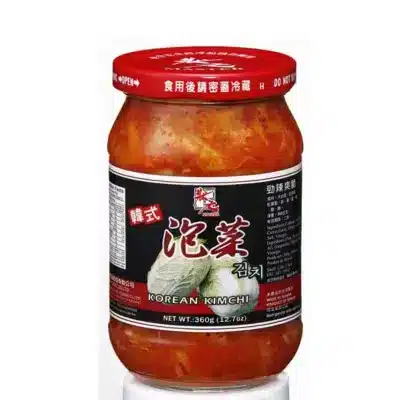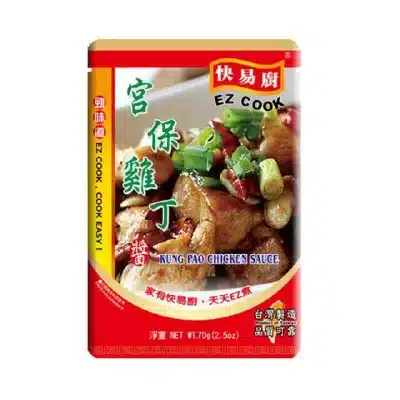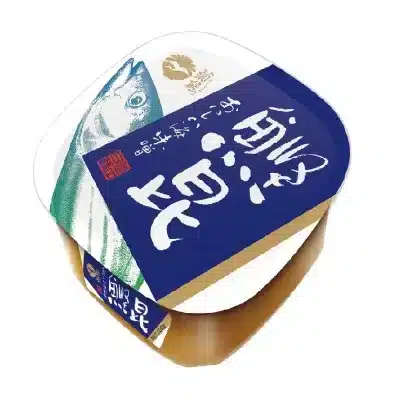Asian Cooking Ingredients
Asian cuisine is celebrated for its captivating array of flavours and aromatic dishes. At the core of this, is Asian cooking ingredients that give each dish depth and character. This includes Asian seasoning, Asian sauces, vegetables, herbs, spices and pastes. They have a pivotal role in crafting authentic Asian meals and in this section, we will explore the key components that define Asian cuisine, offering insights into the variety of Asian cooking ingredients, their selection and health benefits.
Showing 1–16 of 39 results
-
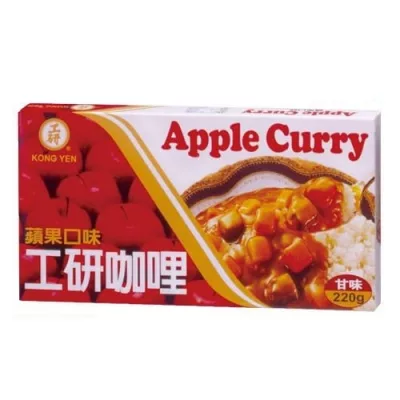
Apple Instant Curry 220g – Box of 10 – (BBD:17/02/2026)
£33.42 SKU: 24KY09B10Add to cart -
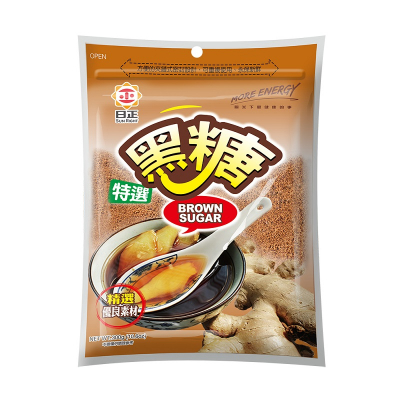
Brown Sugar 300g – Box of 24 – (BBD:11/12/2026)
£42.81 SKU: 45SU12B24Add to cart -

Brown Sugar 300g – Single Bag – (BBD:11/12/2026)
£2.57 SKU: 45SU12Add to cart -
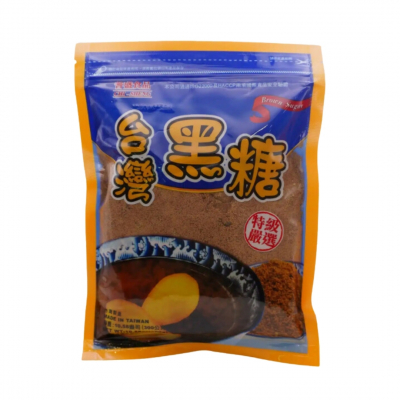
Brown Sugar, 300g – Box of 20 – (BBD:13/11/2025)
£29.42 SKU: 65CG03B20Add to cart -

Brown Sugar, 300g – Single bag – (BBD:13/11/2025)
£1.89 SKU: 65CG03Add to cart -

Clear Mushroom Broth 411ml – Box of 24 – (BBD:17/08/2026)
£44.50£35.60 SKU: 26HD02B24Add to cart -

Coating Powder for Pepper Salt Chicken 1kg – Box of 20 – (BBD:03/03/2026)
£346.20 SKU: 25YC01B20Add to cart -
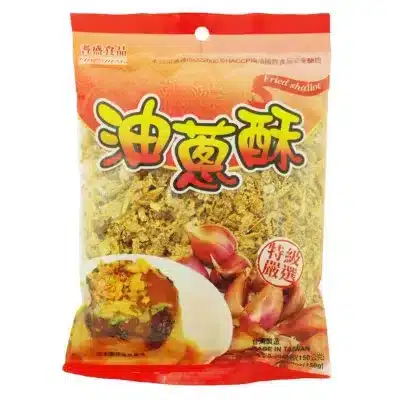
Crispy Fried Shallot 150g – Box of 20 – (BBD:13/11/2025)
£38.10 SKU: 45CG01B20Add to cart -
Fermented Bean Curd 310g – Box of 12 – (BBD:29/10/2026)
£39.94 SKU: 21XP03B12Add to cart -
Fermented Bean Curd with Spicy Soy Bean Paste 310g – Box of 12 – (BBD:29/10/2026)
£39.94 SKU: 21XP04B12Add to cart -
Fermented Rice Paste – Box of 24 – (BBD:19/12/2026)
£98.97 SKU: 24MS04B24Add to cart -
Fried Gluten with Peanuts in Soy Sauce 170g – Box of 12 – (BBD:29/03/2026)
£23.82 SKU: 21AG02B12Add to cart -
Japanese Instant Curry 220g – Box of 10 – (BBD:0)
£33.42 SKU: 24KY11B10
Out of Stock -
Korean Kimchi 360g – Box of 24 – (BBD:07/11/2026)
£81.05 SKU: 21MS09B24Add to cart -
Kung Pao Chicken Sauce 70g – Box of 12
£8.94 SKU: 24YL14B12
Out of Stock -
Miso – Bonito Kelp 300g – Box of 12 – (BBD:16/11/2025)
£42.00 SKU: 23EF21B12Add to cart
Key ingredients in Asian cuisine
Rice and noodles stand as the pillars of carbohydrates in Asian cuisine, playing a central role in the daily diet across the continent. Rice, revered as the “food of life,” is the cornerstone of countless Asian meals. Varieties like fragrant Jasmine rice and sticky glutinous rice are expertly crafted into dishes that vary. Noodles offer a versatile canvas for culinary creativity, whether in the form of silky rice noodles or stir-fried springy wheat noodles.
Common ingredients used in cooking are garlic, ginger and chilli. Garlic’s pungent and savoury touch forms the backbone of countless recipes. In Taiwanese cuisine, garlic shines in street food classics like stinky tofu and minced pork rice. Ginger is another cornerstone of Asian cooking where it imparts a refreshing zing to miso soup or sushi condiments. Its unique ability to balance flavours makes it a culinary star, and its presence elevates both sweet and savoury dishes. The variety of chilli peppers and their incorporation into condiments and pastes make them essential for adjusting heat and flavour profiles according to regional preferences.
Asian dishes heavily emphasise vegetables and herbs which make them very colourful by nature. Vegetables such as mushrooms, bean sprouts, bamboo shoots and Chinese cabbage are very flexible in their uses due to their mild and earthy tones. Meanwhile, the finishing touch of dishes often comes in the form of fresh herbs like spring onions, cilantro, or Thai basil, adding a burst of aromatic freshness to everything from rice and noodles to hearty soups.
Overview of different types of Asian cooking ingredients eg. spices, sauces, pastes
Another key aspect of cooking Asian dishes are their seasoning and sauces which play an essential role in crafting the intricate and well-balanced flavours that define the region's culinary traditions. They provide a diverse range of flavours of sweet, salty, savoury, and spicy. Asian sauces and seasonings are very versatile and can be used in a wide range of dishes or even to make your own homemade sauce.
Pastes are typically concentrated flavour bases made from a combination of ingredients such as herbs, spices, chillies and other seasonings. They have the power to transform basic ingredients into complex and aromatic masterpieces in a simple process so that anyone can effortlessly recreate Asian dishes at home. We offer Fermented Bean Curd with Spicy Soy Bean Paste which is useful for stir-fries, soups and marinades and Soy Paste, which adds depth and umami to classics like Mapo Tofu and General Tso's Chicken. As for noodles, we have two noodle products with pastes which are the Sesame Paste and Soybean paste noodles. This is a convenient solution for busy days or when you crave the comfort of a warm, flavourful noodle bowl without extensive preparation.
How to choose high-quality Asian cooking ingredients
Selecting high-quality Asian cooking ingredients is essential for creating authentic and delicious dishes. Here are some tips to guide you in choosing the best ingredients:
Labels: When purchasing packaged ingredients like sauces or pastes, read the labels carefully. Look for products with minimal additives and preservatives, as authentic Asian flavours should not be masked by unnecessary additives. For imported products, make sure they are sourced from reputable suppliers.
Freshness: For fresh ingredients like herbs, vegetables, and proteins, choose items that are in their prime. Freshness is key to the success of any Asian dish, as it ensures that you're working with the best ingredients available.
Smell and Taste: Trust your senses when selecting ingredients. If something smells off or doesn't taste as expected, it may not be worth taking the risk.
Storage: Pay attention to storage instructions for various ingredients. Some items, like spices, should be stored in a cool, dark place to maintain their freshness, while fresh herbs need to be refrigerated to preserve their vibrant flavour.
Health Benefits of Using Asian Ingredients in Your Cooking
Incorporating Asian ingredients into your cooking not only enhances the flavour of your dishes but also offers a range of health benefits:
Low in Saturated Fats: Asian cooking often relies on lean proteins, vegetables and healthy fats, making it a nutritious choice for those looking to maintain a balanced diet. With a focus on fresh ingredients and minimal reliance on heavily processed foods, Asian cuisine can be a heart-healthy option.
Digestive Benefits: Ingredients like ginger, garlic, and turmeric are known for their digestive properties. They aid in the absorption of nutrients and promote gut health.
Low Sodium content: By using traditional Asian ingredients like soy sauce sparingly and opting for low-sodium varieties, you can enjoy the flavours of Asian cuisine without excessive sodium intake.

